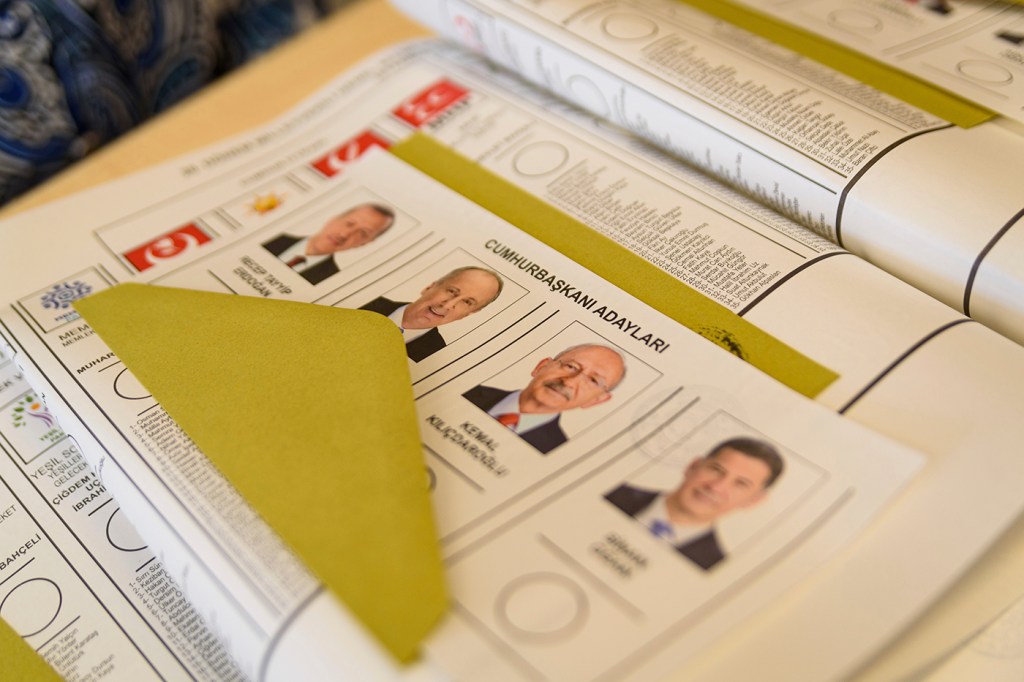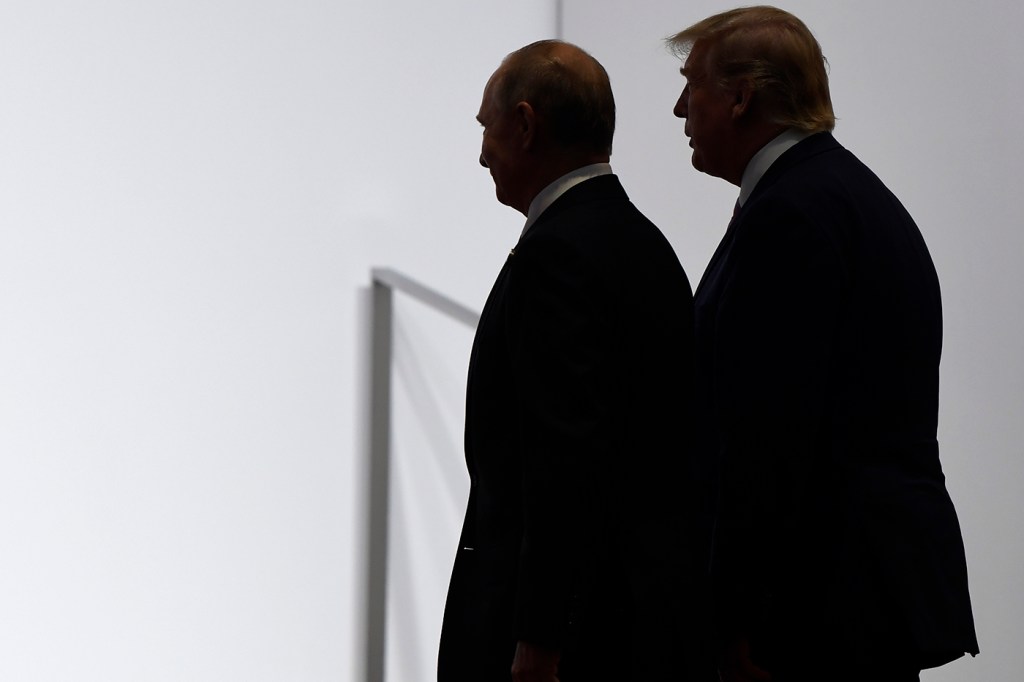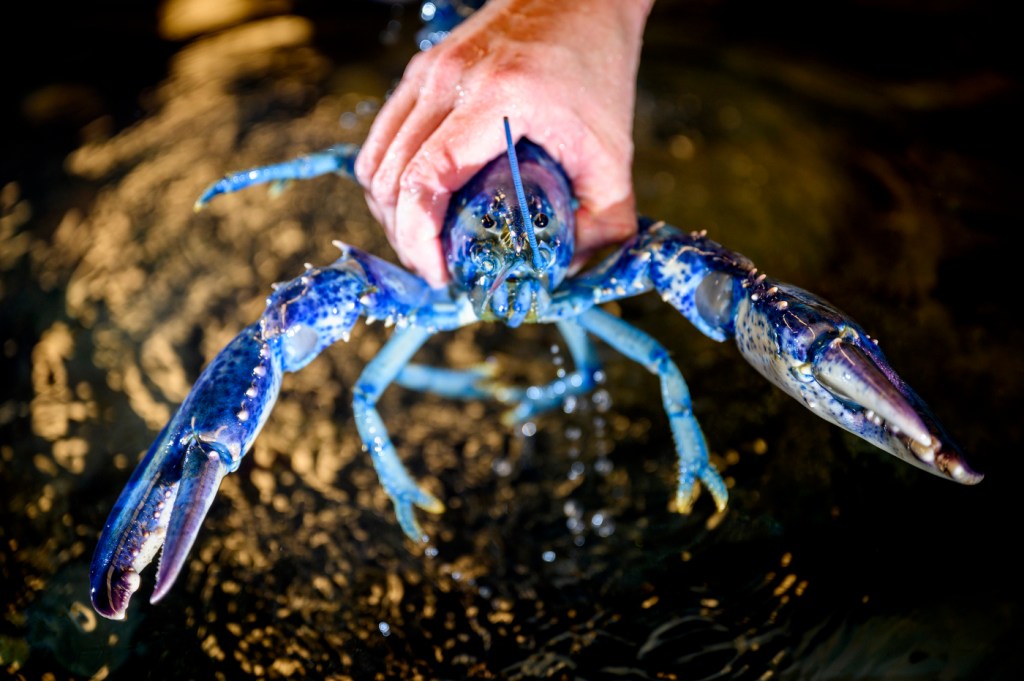Turkey’s presidential election full of surprises, and ‘corruption happens everywhere’

The runoff in Turkey’s presidential election is not really a surprise, a Northeastern expert says, but, for the opposition, the continued high support for the incumbent is.
As inflation surged to 85.5% in 2022 and two-thirds of the population struggled to pay for food, Recep Tayyip Erdogan’s popularity significantly dipped in polls on the eve of the election. Yet, he won 49.5% of votes on May 14, surpassing the opposition alliance candidate, Kemal Kilicdaroglu, who earned 44.9%.
“The opposition’s argument was that with this level of poverty and with this level of inflation people will not vote for Erdogan anymore,” says Berna Turam, professor of sociology and international affairs at Northeastern University.
Economic conditions, however, do not directly shape electoral results, she says, as comparative politics and political sociology clearly show.
Since neither candidate gained more than 50% of the votes to outright win the election, a runoff is scheduled for May 28. The result of the election will determine Turkey’s future, its role in NATO, and its relationships with the United States, European Union and Russia.
Turkish position in NATO seems precarious, Turam says, due to Erdogan getting close to Russian President Vladimir Putin. Another concern is that the country could fall into disorder after the second round of voting.
“We’ve seen a lot of chaos in Turkey before,” she says, including the 2016 coup d’etat attempt and a government crackdown on opposition that followed.
Turam believes, however, that the electoral process in Turkey is still guarded by the supporters of the opposition, with ballot boxes carefully protected in most parts of the country and outside of it.
“The opposition is very diligently committed to monitor this,” she says.
What keeps Erdogan in power?
Erdogan is running for his third term as president despite the constitution not permitting more than two consecutive tenures. He also served as the prime minister between 2003 and 2014.
“I think people are struggling with the idea that somebody like Erdogan could just keep winning elections for more than 20 years by changing laws and controlling, preempting and undermining political institutions,” Turam says.
For example, in a significant power grab in 2017, Erdogan and his Justice and Development Party put forward amendments to the Turkish constitution. After a referendum on these changes, the position of prime minister was dissolved and the country’s parliamentary system was transformed into a heavily centralized presidential one.
Pointing to democratic backsliding and violation of freedoms and rights, Turam says Erdogan is not very different from other right-wing populist leaders like Viktor Orban, prime minister of Hungary, Narendra Modi, prime minister of India, and Donald Trump.
In the beginning, Erdogan appealed to lower classes and pious Muslims using populist reasoning like “We are left behind” and “This is the elite’s fault.” Politically and socio-economically powerful groups of devout Muslims proliferated around Erdogan since 2002, Turam says, owing, among other things, to his favoritism and nepotism.
Supporters accept Erdogan as a dominant father figure that “protects” them from their own nationals (supporters of the opposition), who are estranged from the incumbent president and his base and have different worldviews, lifestyles, democratic ideals and hopes for a better future.
For example, Erdogan’s supporters include women who were previously denied higher education because of their religious conviction to wear a headscarf. He lifted the headscarf ban 10 years ago, Turam says, but many of these women have not yet healed from the trauma and the distrust they had experienced.
“There is a strong emotion in his supporting base,” she says, “which the bulk of the opposition neglects or is uninterested to acknowledge.”
How strong is the opposition and what it offers to voters?
“The opposition worked hard this time to make a coalition,” Turam says.
The parties that support the joint opposition candidate range from Islamists, ultranationalists and conservatives who abandoned Erdogan’s camp, to liberal forces and secularists to Kurds. This makes the coalition volatile due to constant disagreements, including the acceptance of Kurdish support.
Kilicdaroglu, an economist and retired civil servant, pledged to repair the economy, end corruption and send millions of refugees back home. He might not have been the favorite candidate of all the groups in the opposition, Turam says, but when there are extreme emotions, insults and even hatred on both sides, his calm and polite demeanor is attractive to many voters.
Is separation of state and religion a big issue?
Although there is a deep political divide, social and emotional estrangement between the president’s supporters and opposition, Turam says, the rivalry between Islamism and secularism does not entirely explain the issue of polarization in Turkish society during Erdogan’s reign. In fact, the opposition has integrated Islamist leaders and supporters into the coalition.
“Now we have a totally different problem and political landscape where the rights and freedoms of the opposition are frequently and deeply violated and separation of powers has been ruined,” she says.
Other top issues that motivate voters to eject Erdogan include poor management of the state’s resources, anger over the economic crisis and open corruption, as well as slow response to the earthquakes that devastated Southeast Turkey in February.
“Corruption happens everywhere,” Turam says. “But the corruption level right now in Turkey is just way too obvious. It’s not even clandestine anymore.”
In the absence of strong political institutions and checks and balances, she says, corruption became the rule rather than the exception.
Turam believes that the side that has and maintains voters’ united commitment will have an advantage in the second round.
Playing with dark Islamism
National sentiments have been strong among secular opposition just as among the religious Sunni Muslim camp of Erdogan’s supporters.
“Turkish nationalism displays a very wide continuum, from benign patriotism to violent ultra-national,” Turam says.
But to secure victory in this tough election, Erdogan has been allying himself with radical Islamists that defend Pan-Islamism and deny even the basic premises and symbols of Turkish nationalism.
“Over the last 30 years, I met so many different pious Muslims in Turkey from different groups,” Turam says. “What Erdogan is bringing in right now to stay in power, that’s the darkest side of this election that is freaking [people] out.”
Turkish women, including some pious women, are deeply intimidated and feel threatened by Erdogan’s new allies.
Alena Kuzub is a Northeastern Global News reporter. Email her at a.kuzub@northeastern.edu. Follow her on Twitter @AlenaKuzub.






